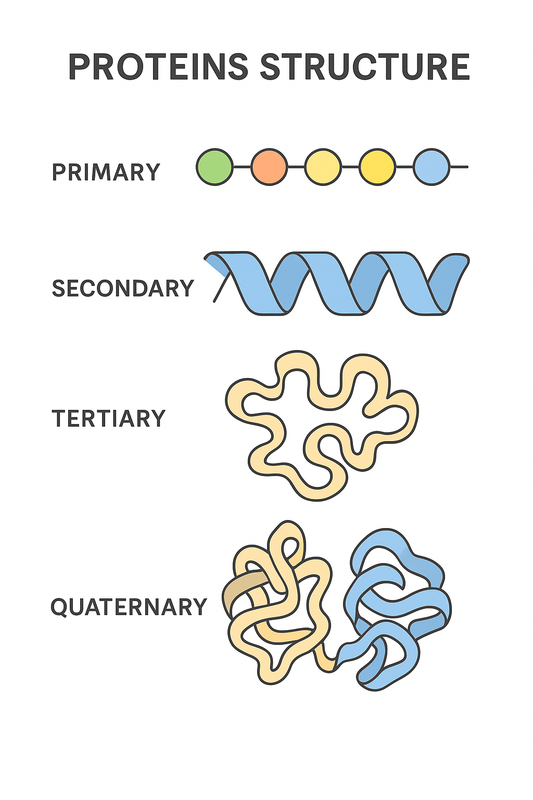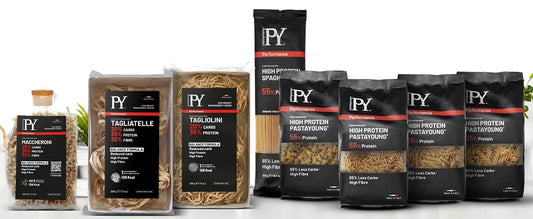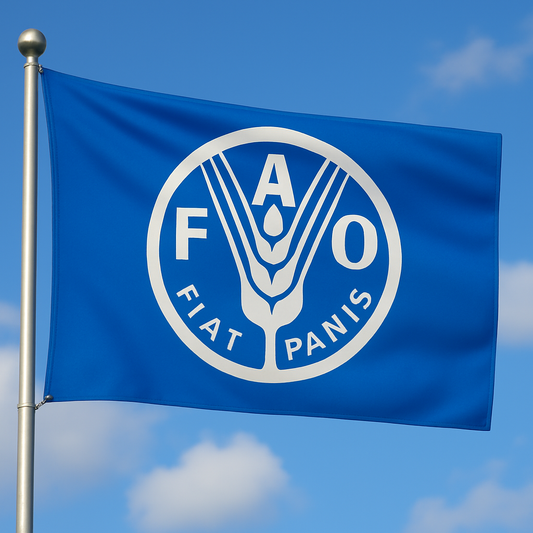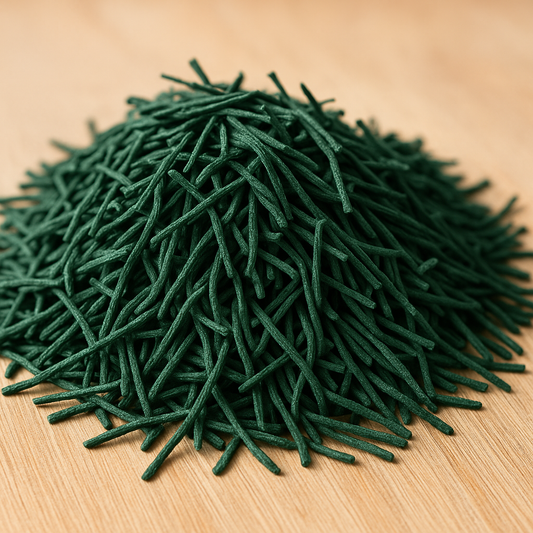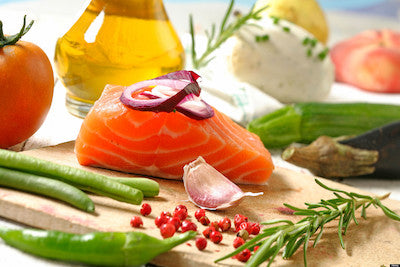
Mediterranean diet with insects
Share
With "Mediterranean diet" we do not only mean a diet, but a real lifestyle typical of those populations living around the Mediterranean sea.
It brings many advantages: it is in fact a diet rich in antioxidants (vitamins, fibers, minerals), lowers the cholesterol level, reduces overweight, prevents osteoporosis and fights degenerative diseases. The rhythms are natural ones, which follow the seasonality of foods using the colors and flavors typical in the different periods of the year, using wild plants such as dandelion, wild fennel and other wild herbs.
Fresh fruit then becomes the basis for snacks or natural desserts. Mediterranean foods, despite not being very caloric, have a great satiating power thanks to the high component in fibers and complex sugars they contain. The recipes are in fact typical of the so-called "poor cooking" of our grandparents, such as pasta and beans, polenta and cheese, bread and tomato, or vegetable soups.
The principal foods in this "philosophy" are the following: cereals (especially durum wheat), fruits and vegetables (strictly seasonal), legumes and dried fruit, extra virgin olive oil (rich in fats, excellent against cardiovascular risk and with high anti-inflammatory properties). Fish and meat (better if white meat) are included in the diet, even if in smaller quantities.
Among the guidelines to follow also the frequencies of meals during the day, which are 5: 3 main (breakfast, lunch and dinner) plus 2 snacks, to speed up the metabolism and not get too hungry for the most important meals (which would be best to share, with calm and serenity).
Physical activity must also be a constant in our routines, whose importance is fundamental for ensuring psycho-physical health.
From a nutritional point of view, the Mediterranean diet is composed as follows: 15% of proteins, 60% of carbohydrates and 25% of lipids. It was starting from these proportions that the so-called food pyramid was created, which then changed over time to create the current one of reference.

Indeed, one can not deny that today our habits are incredibly changed and are continually evolving, to the point that we can say the Mediterranean diet no longer exists. This is due to many factors: traveling is now easy and affordable for everyone, as well as discovering and mixing new culinary cultures, internet and social networks have done the rest.
So: would the introduction of insects really be so strange in our daily Mediterranean diet? Perhaps our grandparents wouldn't agree, but just think what was the impression sushi had once arrived on our tables and how much it is now considered a "cool" dish around the world.
Discover edible insects, visit our Collections!


